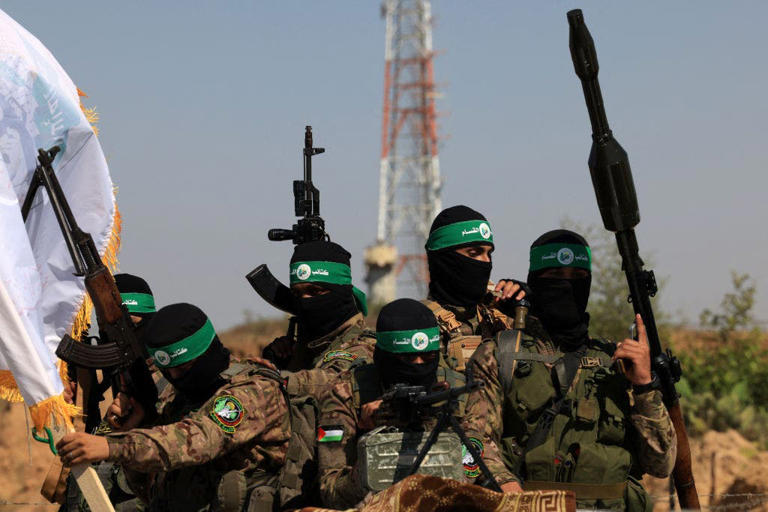Israel’s future plans for Gaza have become a pivotal topic as military operations near their end, with nearly 1.9 million displaced Palestinians and international focus on the region’s post-conflict recovery. The international community is watching closely, with attention on how U.S. policy under a possible Trump administration might influence developments. Israeli security officials acknowledge that while there are no simple solutions, the “Trump effect” could enable actions previously considered unfeasible, potentially increasing pressure on Hamas and shaping Gaza’s future governance.
Israeli Defense Minister Israel Katz has articulated a vision that involves dismantling Hamas while maintaining security control over Gaza without re-establishing settlements. Katz suggests a governance model similar to the West Bank, allowing Israel to carry out military operations as needed. A proposal under discussion includes forming a “technocratic” body to oversee infrastructure and reconstruction, independent of Hamas. This body would involve Palestinian experts with backing from Arab nations such as Egypt, Saudi Arabia, and the UAE, marking a potential shift in power dynamics.
However, uncertainty persists among senior officials regarding the lack of a coherent strategy for Gaza’s post-conflict governance. Without alternatives to Hamas, the terror group may rebuild and perpetuate the cycle of violence, officials warn. Suggestions include collaboration with Arab countries for reconstruction efforts while ensuring that security and humanitarian concerns are addressed.
Retired Major General Giora Eiland has proposed a militaristic approach, involving the evacuation and siege of northern Gaza to force Hamas into submission. Eiland argues that controlling parts of Gaza militarily while avoiding civilian settlements could pave the way for international cooperation in reconstruction. Critics caution that such strategies might worsen humanitarian conditions in Gaza, emphasizing the importance of aligning actions with international law.
Eiland insists his plan adheres to guidelines set by the U.S. Department of Defense, which he cites as a legal framework for addressing such conflicts. By weakening Hamas’s control over land, he believes the group could be compelled to negotiate, a view echoed by some military strategists.
Conversely, retired Major General Amos Yadlin advocates for a diplomatic path, proposing governance by Palestinian technocrats under the mentorship of Arab states. This model could stabilize Gaza after Hamas’s military defeat, fostering international collaboration in rebuilding efforts. Yadlin suggests Hamas might transition into a political party if it meets specific conditions, including recognizing Israel and renouncing terrorism.
A contentious issue is the exclusion of the Palestinian Authority (PA) from future governance plans for Gaza. Israeli officials argue the PA’s inefficacy in the West Bank disqualifies it from contributing to stability in Gaza. This decision raises questions about political stability and the feasibility of a technocratic governance model without the PA’s involvement.
Amid these debates, the UAE has emerged as a critical player in Gaza’s reconstruction. The country’s resources and willingness to provide humanitarian aid have made it an acceptable partner for all sides, focusing on civilian infrastructure while avoiding entanglement in security issues. Israeli security officials stress that any reconstruction must prevent a return to the pre-conflict status quo and ensure Hamas does not regain control.
The future of Gaza hinges on balancing military objectives, humanitarian needs, and international cooperation. As regional actors and global powers consider their roles, the path forward remains fraught with challenges and opportunities. The evolving situation underscores the urgency of strategic planning to break the cycle of conflict and foster a sustainable peace

